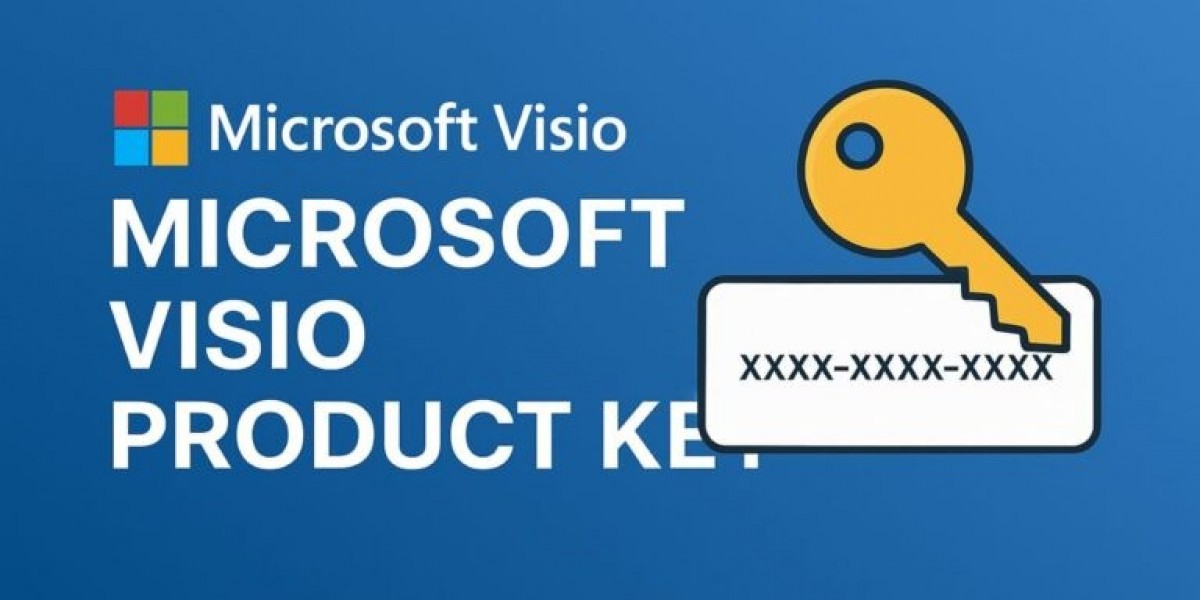In today's software-driven business landscape, organizations rely on a wide range of commercial applications—from productivity suites and creative tools to development platforms and ERP systems. However, managing these licenses correctly is critical. Unlicensed software, particularly those activated using key generators or modified with a patch, can pose major legal, financial, and security threats to businesses.
This article explores what key generators and patches are, why their use in business environments is dangerous, and how organizations can protect themselves through proper software asset management.
What Is a Key Generator?
A key generator (or keygen) is a program designed to produce fake but working license keys for commercial software. These keys trick the application into thinking it’s been legitimately activated. Keygens are most often used in pirated versions of software to bypass licensing systems.
While it may seem like a simple workaround to avoid paying for a software license, using a key generator violates software licensing agreements and intellectual property laws. In corporate environments, the risks of using such tools are significantly amplified.
What Is a Patch in This Context?
A patch usually refers to official updates released by software vendors to fix bugs, improve performance, or enhance security. However, when used in the context of cracked software, a patch refers to a tool that modifies the program’s code to bypass activation checks or unlock paid features.
Cracked patches are typically created by reverse-engineering software binaries and inserting malicious or unauthorized changes. This kind of patch is not only illegal but also often serves as a delivery mechanism for malware.
Business Risks of Using Keygens and Cracked Patches
1. Legal Exposure
Software vendors frequently audit businesses for license compliance. If unlicensed software is discovered—especially those activated using keygens or cracked patches—the company could face:
Hefty fines
Legal action or settlements
Reputational damage
Organizations like the Business Software Alliance (BSA) aggressively pursue license violations and encourage whistleblowers within companies to report illegal software use.
2. Cybersecurity Threats
Cracked software often contains embedded malware. When a key generator or patch is downloaded from an unofficial source, it can introduce:
Ransomware that encrypts company files
Spyware that captures confidential business data
Remote access trojans (RATs) that give hackers control over company systems
A single infected device can compromise an entire network, resulting in data breaches, downtime, and loss of customer trust.
3. Lack of Support and Updates
Software activated using illegitimate means does not receive official updates or support. This can leave businesses stuck with outdated and vulnerable software, increasing the risk of cyberattacks.
Additionally, compatibility issues may arise when using cracked software, especially in enterprise environments where multiple systems need to work together seamlessly.
How to Protect Your Business
1. Invest in Software Asset Management (SAM)
Implement a robust SAM program to:
Track all software used across your organization
Ensure license compliance
Monitor renewals and subscription statuses
SAM tools can automate inventory, alert for non-compliant installations, and provide audit-ready reports.
2. Educate Employees
Raise awareness about the dangers of using cracked software. Many license violations happen unintentionally when employees download unauthorized tools without understanding the risks.
3. Use Open-Source or Freemium Alternatives
If budget constraints are an issue, consider legal alternatives:
Free tools like LibreOffice, GIMP, or VS Code
Cloud-based solutions with affordable subscriptions
Vendor discounts for small businesses and startups
Conclusion
While key generators and cracked patches might appear to offer "free" access to commercial software, they carry enormous risks—especially for businesses. From hefty legal penalties to devastating malware attacks, the true cost of using unlicensed software can far exceed the price of legitimate licenses.
Businesses that prioritize software compliance, invest in proper tools, and educate their teams are not only protecting their assets—they’re creating a secure, ethical foundation for long-term success.
































